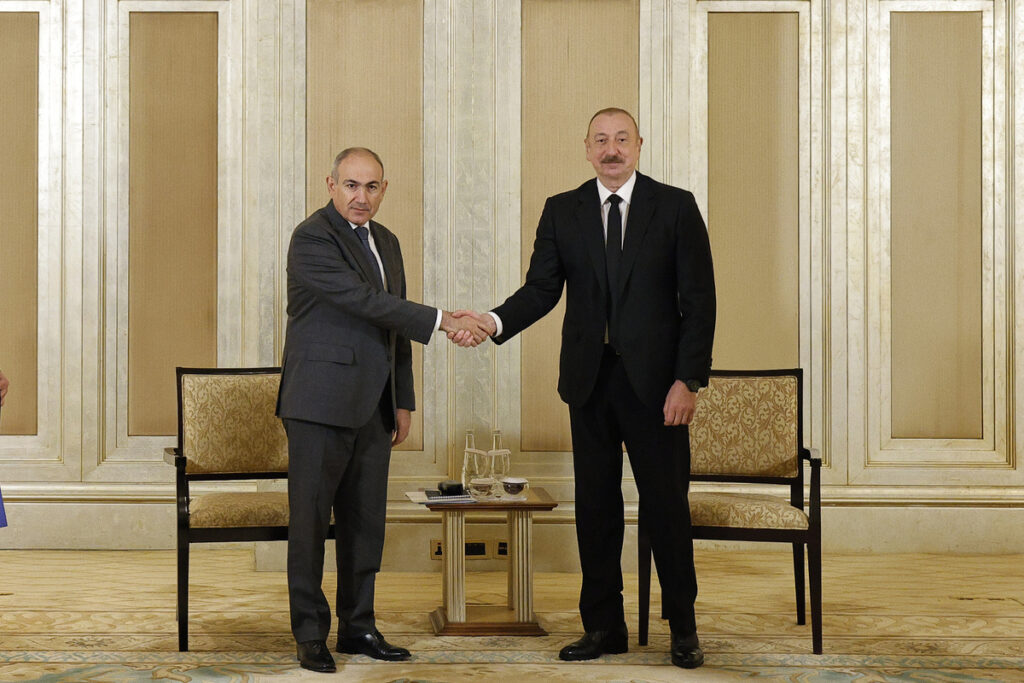A de facto timeout is currently in effect, the main goal of which is to create favorable conditions for the re-election of Nikol Pashinyan. This was stated by political technologist Vigen Hakobyan.
“Azerbaijan has given Pashinyan a carte blanche: there are no shootings or military actions on the border so that Nikol Pashinyan’s positions strengthen during the pre-election period and he can succeed in the elections. The reason for such support is obvious — Nikol Pashinyan is an invaluable gift for Azerbaijan and its big brother — Turkey — in implementing their plans,” the expert notes.
In parallel, Baku is already trying to outline its future steps and, possibly, determine the “price” of the current support. It is in this context that Aliyev’s recent statement about Sevan should be viewed.
“In this situation, Aliyev is hinting at how Azerbaijan will act after the elections, regardless of the outcome of the electoral processes in Armenia. That is, he is pointing to the direction in which Azerbaijan will move in relations with Armenia after the elections,” Hakobyan is confident.
According to him, Aliyev’s statements essentially have a double subtext. The Azerbaijani president’s claims that “Armenians should not fear the return of Azerbaijanis, since they will arrive in cars, not tanks,” are in fact a veiled threat wrapped in pseudo-peaceful packaging.
Hakobyan is convinced that the wording contains a very specific hint: if Nikol Pashinyan fails to retain power and the force that, in the terminology of Baku and Pashinyan, is called “revanchist” comes to power, then the same processes — the so-called “return” of Azerbaijanis — will take place not peacefully, but by force.
In other words, Aliyev is essentially repeating Pashinyan’s wording, offering Armenian society an alternative: “peace with Pashinyan or war with the opposition.”

